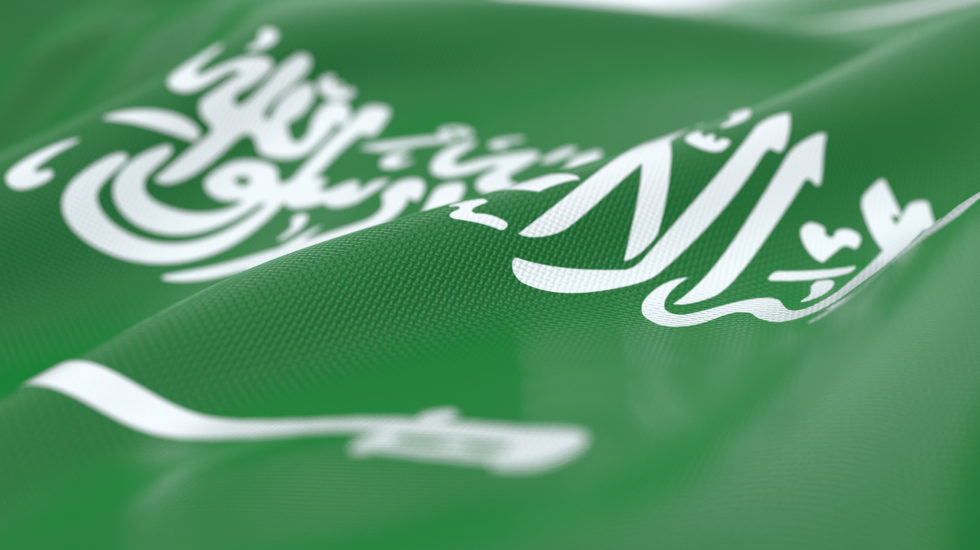The Biden administration held up major arms deals with Saudi Arabia and the United Arab Emirates on Wednesday as part of its review of billions of dollars in weapons sales approved by ex-President Trump.
The review includes the sale of precision-guided munitions to the Saudis and top-of-the-line F-35 fighter jets to the UAE, reports the Wall Street Journal, citing unnamed U.S. officials.
The $23 billion deal was part of a larger agreement — the Abraham Accords — under which the Emirates established diplomatic relations with Israel.
Saudi Arabia’s ongoing war in Yemen against Houthi rebels, which has killed thousands of civilians in air strikes and left many more near starvation, was clearly a factor in the arms-sale freeze.
Secretary of State Antony Blinken said in his confirmation hearing last week that the Biden administration is committed to ending U.S. support for the Yemen conflict.
For now, Israel is still the only country in the Middle East flying the F-35, Axios reports. The Israelis dropped their objections to the Saudi-UAE sales “after protracted discussions with the Trump administration,” Axios says.
Some Biden officials insist Wednesday’s action is “routine” and almost certainly temporary.
“U.S. officials said it isn’t unusual for a new administration to review arms sales approved by a predecessor, and that despite the pause, many of the transactions are likely to ultimately go forward,” the Journal says.
A State Department official characterized the move as “a routine administrative action typical to most any transition, and demonstrates the administration’s commitment to transparency and good governance,” reports CNN, adding that the goal is to ensure “U.S. arms sales meet our strategic objectives.”
Democrats in Congress favor the freeze.
“The weapons we sold to Saudi Arabia and UAE have been used to kill schoolchildren, transferred to extremist militias, and fueled a dangerous arms race in the Middle East,” tweeted Sen. Chris Murphy (D-CT). “This is the right move. The time is now to reset our relationships with Gulf allies.”



